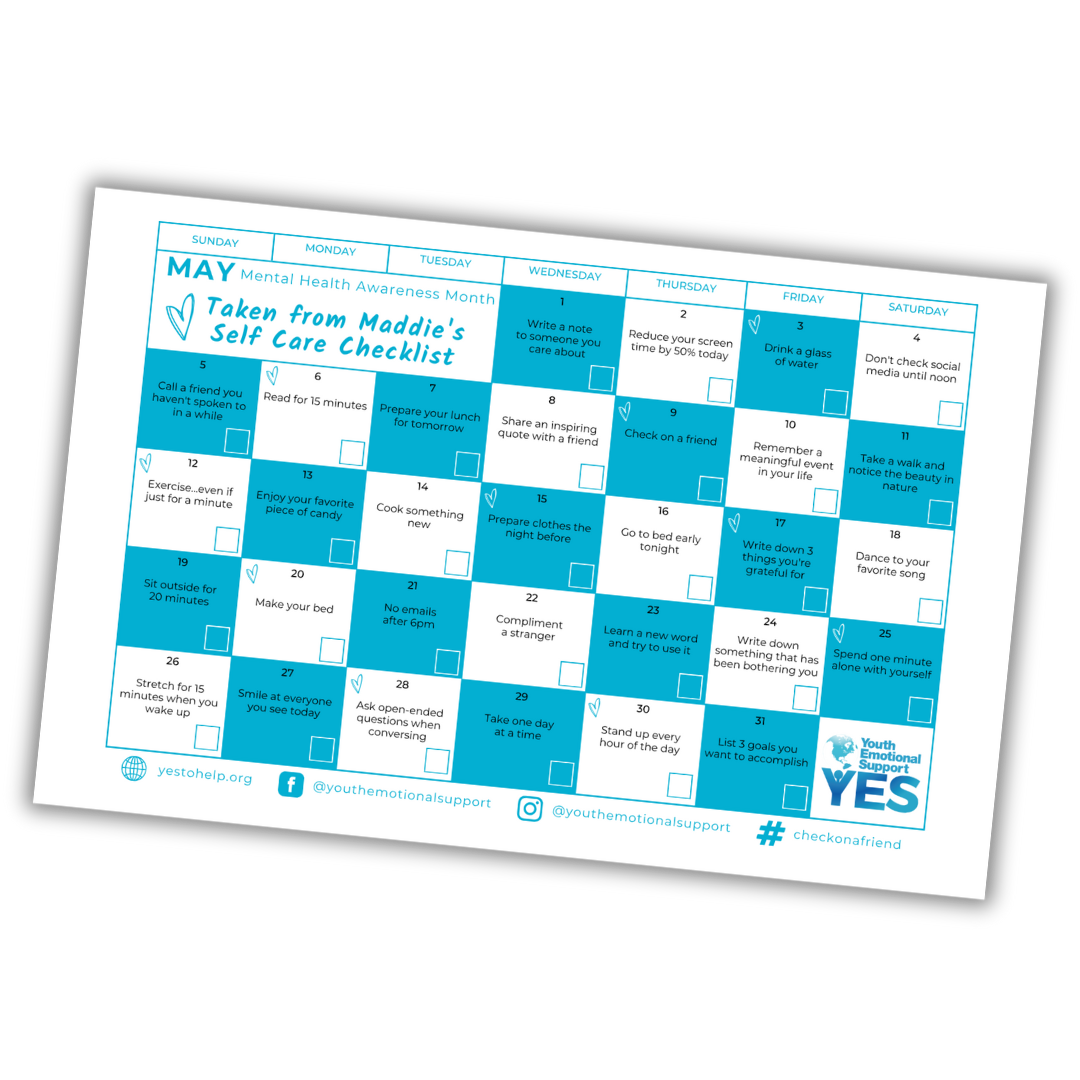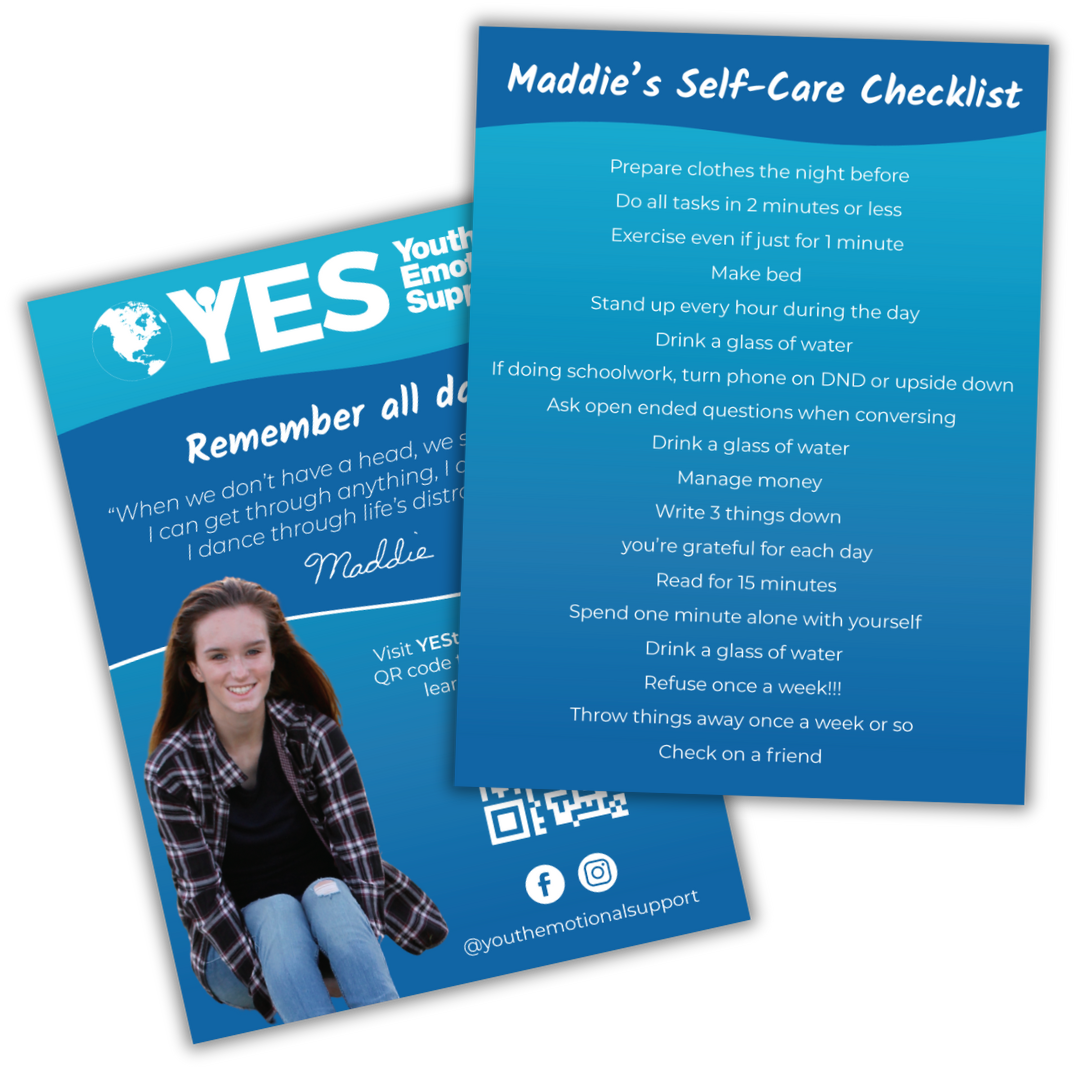By: Allison Moyel, MSW, MHSE, MT(ASCP)
As a parent, have you ever yelled at your child, said something to your child that you wanted to immediately take back, or even had a conversation with your child in which you weren’t fully present in the conversation? I’m raising my hand high on all three counts. But instead of feeling guilty about it, what can you as a parent do to change this dynamic? The answer is practicing relationship mindfulness.
What exactly is relationship mindfulness? Relationship mindfulness is defined as: “paying attention to the other person, staying or being present to the here and now without judgement.” So how can you use relationship mindfulness to parent your child more effectively? Here are some tips that I have learned along the way:
(1) Recognize your present emotion and the emotion in your child.
You can accomplish this by using the “What” Skill. For example, Observe or notice your own emotion and be curious about the emotion that your child is presenting with. Recognize that if you or your child are tired, hungry, sick, or upset that your emotional reactivity may be higher than usual. Describe to yourself what you are feeling inside your body and what you notice about your child. Participate fully with your child if the timing is right for both of you or recognize that maybe one or both of you is experiencing high emotion and it might be better to wait until both of you are in the right frame of mind to effectively engage with one another.
(2) Do your best to be non-judgmental with your child.
The “How” Skill is helpful for this. For example, the “How” skill suggests that you approach your child, Non-judgmentally by letting go of things like “shoulds,” ‘good or bad,” or “right or wrong.” One-mindfully by paying attention to your child at this current moment in time without any distractions. Effectively by remembering that this is your child whom you love and care about. Ponder the following question: will what you are doing or about to do or say help you to achieve that loving and caring relationship with your child?
(3) Let go of judgments of yourself.
Nobody is perfect, and you don’t have to be a super-hero to be a good parent. You are human and make mistakes. Your feelings are just as valid as the feelings of your child.
(4) Balance your own needs with the needs of your child. These are both important!!
(5) Be accurate in your expression.
Instead of saying, “I’m mad at you,” you might instead say: “When you do or say ___________, it makes me feel ___________.” Accurate expression can lead to validation, which in turn lowers emotion.
(6) Increase mindful of the pleasant things and activities that you and your child do together.
Once you become a parent, you are in it for the long haul. Relationship mindfulness can be one tool that can help you to become a more effective parent. Our kids want to know that we are listening and hearing to what they are saying. They also want to be validated for their feelings in the moment. The next time you have a difficult day with your child, say to yourself the words of Marsha Linehan, “I’m doing the best that I can in this moment, and I can always try harder.” It often works for me and then I get up the next day and do it all over again!

